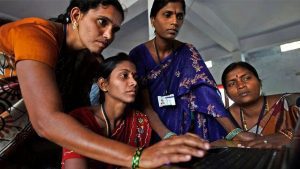[Readmelater]
Why Punjab, Not Kerala Or Gujarat, Has A ‘Missing’ Women Problem
Data debunks false claims about ‘missing women’, the real problem lies elsewhere

Photo Credit: UNFPA
Support BehanBox
We believe everyone deserves equal access to accurate news. Support from our readers enables us to keep our journalism open and free for everyone, all over the world.




